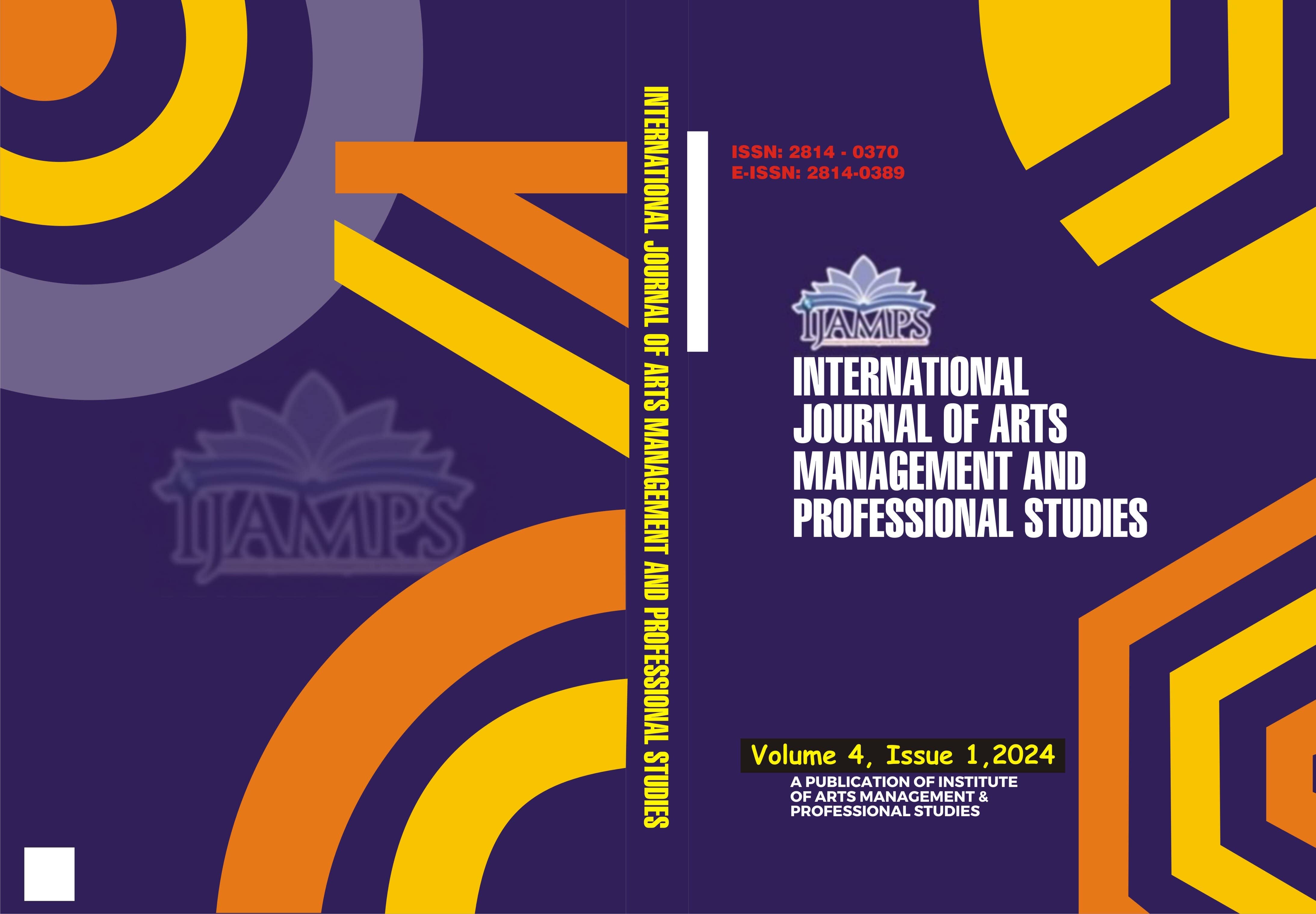
Intergovernmental Relations In The USA, Nigeria And China: A Comparative Analysis
Prof. Eze Chidi Nwauba Department Of Public Administration, I-FATOSS University, Republic Of Benin E-mail: Profnwauba@iamps.edu.ng Vc@ifatossuniversity,.edu.bj +2349124673109 +22956994131
Volume 4, Issue 1, April 2024
The paper investigated how intergovernmental relations works in the United States, Nigeria, and China. Intergovernmental relations were characterized as the complex exchanges and partnerships between various levels of government inside and between these nations, involving diplomatic, economic, and socio-political dimensions. The case studies technique was used as the fundamental theoretical framework in this study to highlight the differences, similarities, and problems that each nation faces in its intergovernmental interactions. Extensive research and real-world case studies were used to provide supporting data. Within the context of international relations, this research synthesised its important results, conclusions, consequences, and suggestions. It also identified areas that require more examination. The paper noted three major obstacles in intergovernmental relations: shifting diplomatic demands and international settings, the complexity of trade and economic interdependence, and the complexities of cultural and political diversity across states. It offered three strategic measures to solve these challenges: diplomatic negotiation and dispute resolution tactics, trade and economic cooperation strategies, and cultural diplomacy and mutual understanding efforts. Furthermore, ethical issues were critical in interstate dealings. This study emphasised three essential ethical dimensions: protecting human rights and international law, finding a balance between national interests and global duty, and making ethical decisions in the face of international difficulties. This work contributed considerably to the debate and practical execution of efficient international diplomacy and cooperation by putting light on these numerous facets of intergovernmental interactions.